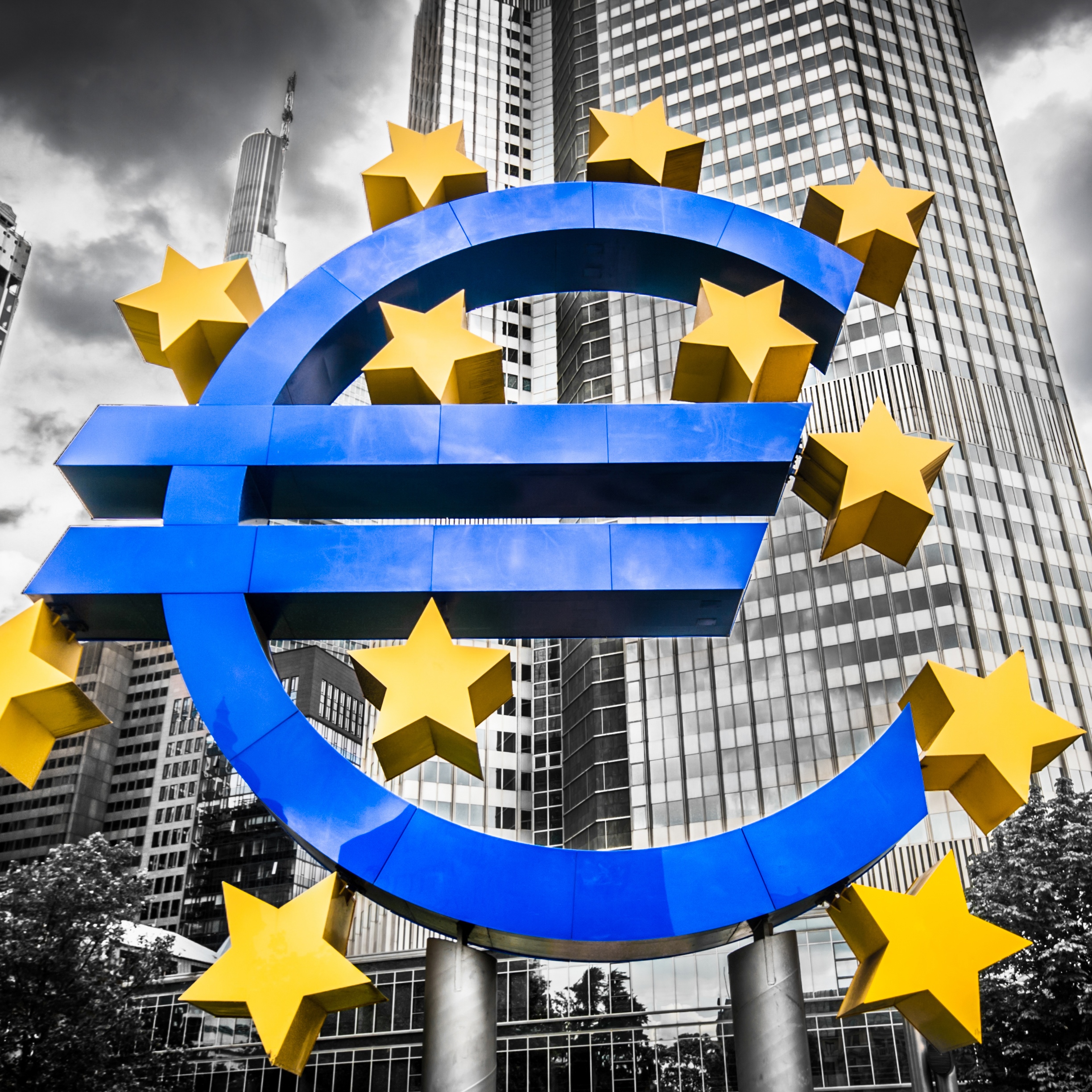Economy
ECB Leaves Interest Rate Alone, Says Asset Purchase Program to End This Year

Published:
Last Updated:

The governing council of the European Central Bank (ECB) said Thursday that the bank will leave its interest rates at current levels and and that it will wind down its current asset purchase program (quantitative easing, or QE) at the end of September. The ECB currently purchases €30 billion in euro bonds monthly.
Between Sept. 30 and the end of the year the ECB anticipates continuing purchases at the rate of €15 billion a month. At that time the bank’s QE program will end altogether.
In its press release the bank said:
Today’s monetary policy decisions maintain the current ample degree of monetary accommodation that will ensure the continued sustained convergence of inflation towards levels that are below, but close to, 2% over the medium term.
When the U.S. Federal Reserve concluded its meeting on Wednesday, the central bank raised its fed funds rate by a quarter point to a range of 1.75% to 2%. The ECB, by contrast, has maintained a 0% rate on its main refinancing options, a 0.25% rate on marginal lending, and a negative 0.4% on deposits. The ECB noted:
The Governing Council expects the key ECB interest rates to remain at their present levels at least through the summer of 2019 and in any case for as long as necessary to ensure that the evolution of inflation remains aligned with the current expectations of a sustained adjustment path.
The European Union’s economy has not been, and is not now, growing as fast as the American economy. That’s partly because of the influence of Germany, the biggest economy in Europe, on EU finances. The Fed forecasts the U.S. economy will expand 2.8% this year. The European Commission last month projected euro-area GDP growth in 2018 at 2.3%
German government bond yields fell from 0.494% to 0.443% this morning following the ECB announcement. Germany has held fast to an austerity approach to the financial crisis and that has weighed on the EU’s recovery. The ECB did not launch its QE program until 2015, more than six years after the Fed began its own QE program. The Fed ended its asset purchase program in 2014.
The Wall Street Journal reports that the ECB’s balance sheet has doubled since 2014 to about 43% of the EU’s GDP. The Fed is holding assets valued at around 22% of U.S. GDP. By the time the ECB ends its QE program, it will have purchased assets valued at €2.5 trillion.
The last few years made people forget how much banks and CD’s can pay. Meanwhile, interest rates have spiked and many can afford to pay you much more, but most are keeping yields low and hoping you won’t notice.
But there is good news. To win qualified customers, some accounts are paying almost 10x the national average! That’s an incredible way to keep your money safe and earn more at the same time. Our top pick for high yield savings accounts includes other benefits as well. You can earn up to 3.80% with a Checking & Savings Account today Sign up and get up to $300 with direct deposit. No account fees. FDIC Insured.
Click here to see how much more you could be earning on your savings today. It takes just a few minutes to open an account to make your money work for you.
Thank you for reading! Have some feedback for us?
Contact the 24/7 Wall St. editorial team.